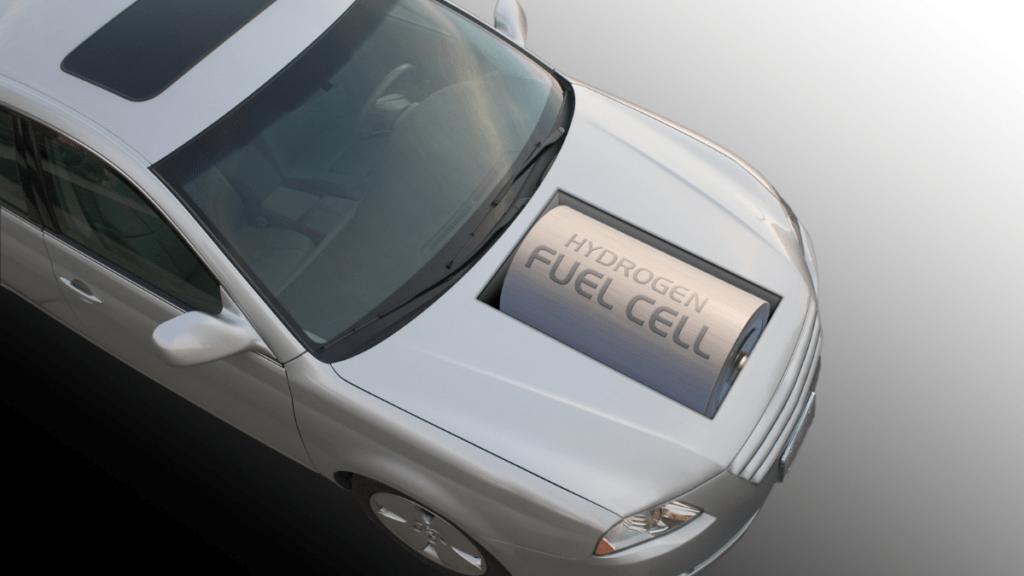
The switch to eco-friendly driving has been happening, slowly but surely, all across the world over the last few years in an effort to reduce carbon emissions and lessen our dependence on harmful fossil fuels. As a result, the majority of major automotive brands have been making a concerted effort to introduce more and more battery-powered electric vehicles and, more recently, vehicles that are powered by hydrogen fuel cell technologies. While both battery-electric and hydrogen-electric vehicles are significantly more eco-friendly and cost-effective than traditional fossil fuel-powered models, it’s important for consumers to know how the two types of electric vehicles compare in key areas, such as safety, driving range, charging times, upfront and long term costs, and emissions.





